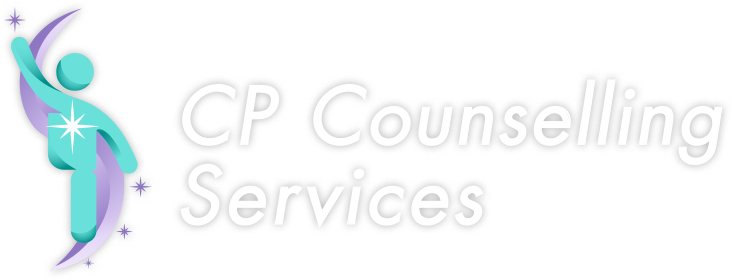Are you suffering from toxic stress?
Stress is normal. It’s both a physiological and psychological response to a threat or a perceived threat. Normal stress is temporary in our lives and based on the situation at hand. It tends to resolve itself naturally. Toxic stress is different: it is frequent, chronic stress in the absence of adequate support, and has harmful and potentially lasting effects on a person’s physical and mental health.
Toxic stress is when stress becomes chronic and brain and body’s fight/flight/faint/freeze response is activated too often or for too long. This response activates in response to perceived or real threats and creates the release of hormones such as adrenaline and cortisol just to name two. You are at risk for toxic stress when there are multiple stress factors that are persistent and severe. Let me repeat that: persistent and severe.
Longstanding heightened levels of cortisol arising from toxic stress can wreak havoc on physical health. You are more at risk for many types of chronic illness and pain, a dampened immune system, infections, mental health issues, poor emotional regulation skills, and even substance abuse. You may become hypersensitive to threat and consequently suffer with chronic anxiety which can include panic attacks. Your behaviour will likely change from as you once knew it. This can mean big trouble for relationships.
Toxic stress can’t always be avoided – the loss of a parent, a nasty divorce, conflict in the home, chronic caregiver depression, betrayal – but a relationship with an adult that is loving, responsive and stable can help to buffer against the effects of stress and stop it from turning toxic. Other buffers include a less severe impact to the stressor, high levels of social support, and consistent nurture which are just three in an umbrella of many.
There are things you can do on your own to help yourself buffer the consequences of toxic stress. Crucially, it is important to focus on what you can control - not what you cannot. Toxic stress may be many factors that are beyond your control and this leaves us more distressed and overwhelmed. Write a list of what you can and cannot control. Take the reins on what you are able to, even if it’s as routine as what you’ll eat for dinner that day. Spend your time and energy on things that can improve your situation and things you can get a handle on. When we rail against which we cannot control, that is when our suffering soars.
Focus on a healthy lifestyle. Stress can easily slide into unhealthy habits such as smoking, too much alcohol, overeating, overworking and the like. You may get a temporary relief from stress, but in the long-term these health issues will worsen your stress. Eat well, exercise, get outside into nature, and try to get good sleep practicing good sleep hygiene.
Some people have a tendency to isolate themselves when stressed yet research is clear, one of the most protective buffers against toxic stress is support from people who care about you. Reach out, engage with others, make plans with others that are close to you.
Find a relaxation technique that helps you lower your stress. I’m a little different in this case because it’s vigorous exercise that is my happy place. Heart-pumping, blood-flowing, and rushes of endorphins both take my physical pain down and also make me feel relaxed and happy. You might benefit from the flipside of this with mindfulness practice, journalling, yoga or Tai Chi, body scans or progressive muscle relaxation techniques. Find your happy place.
A very wise colleague of mine always tell me that we need three things to be happy: someone to love, a purpose, and something to look forward to. Go ahead and set goals and plan for the future. Toxic stress can have the sufferer believing that things will never improve which leads to hopelessness. Making plans for the future will give you some direction and purpose as well as something to look forward to. When a good experience happens, optimism can drop by for a visit to let us know it won’t always and forever be challenged.
As always, if you’re really struggling reach out to a trained professional. We all need help at times in our lives and one of those times is when we’re really struggling with toxic stress. Your professional therapist will support you and help you with tools and strategies so that you can support yourself. See you next time 😊

